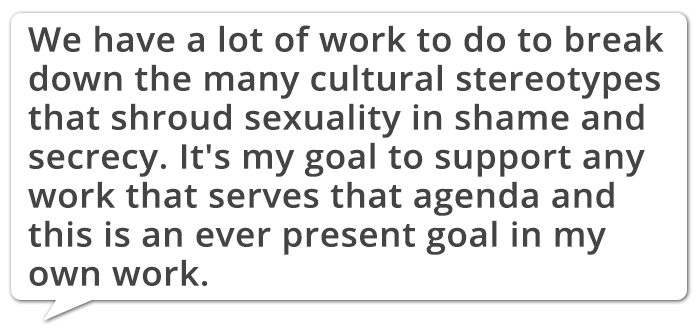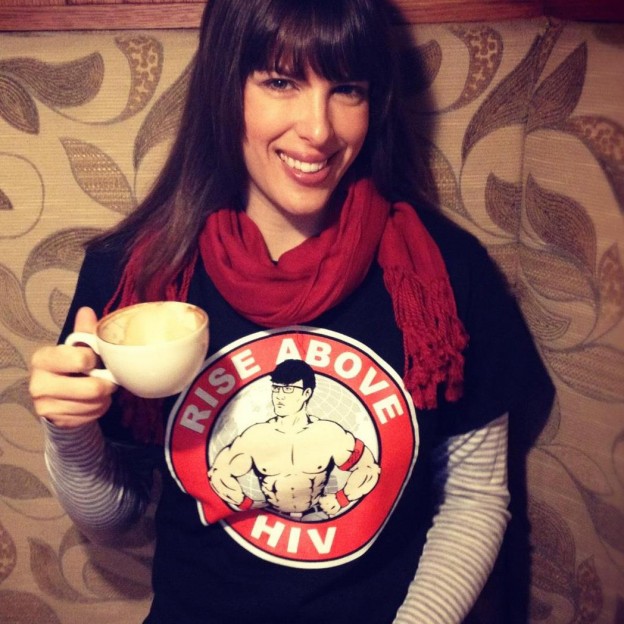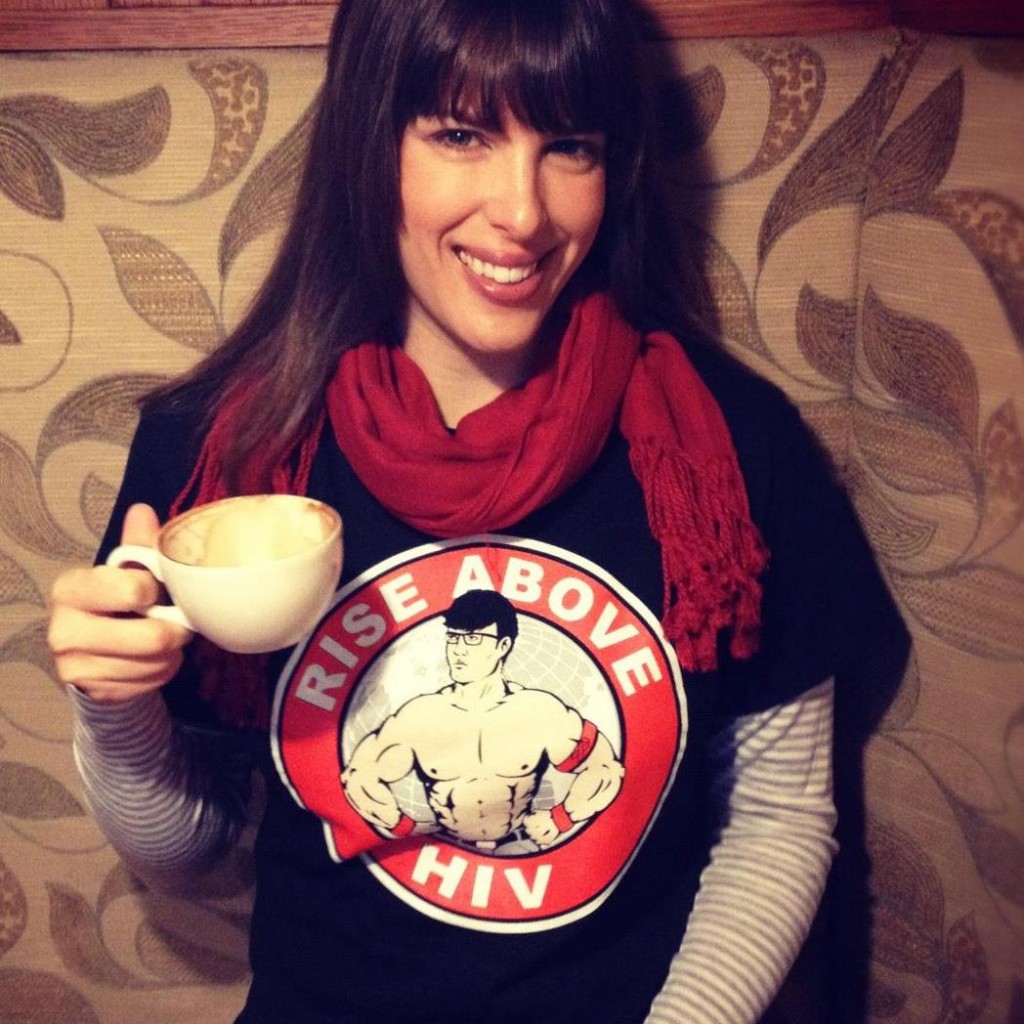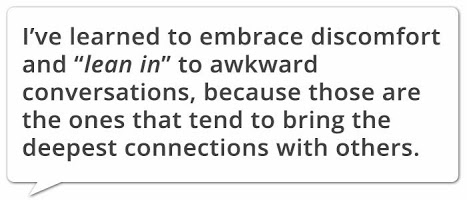This self-help Kinkster and leather champion understands how sexual and gender stereotypes can constrain our minds and fear our authentic selves. Her workshops function to breakdown shame and help people discover and play with sexual creativity in safe, holistic ways. Angel Noir believes that sex positivity is fundamentally collaborative. It will not continue to progress as a community and philosophy without support from each other.
1) Identify one or two trends, or influential people in the Sex Positive community that you identify with (or are inspired by) and those trends which you relate to not-so-much.

Narrowing down my answer to this question is by far the hardest part of this interview! There are so many exciting sex positive folks and trends right now that it is difficult to choose only one or two! One of my very favorite projects ever is The Gender Book. It allows one to easily discuss gender and breaking free of stereotypes with a wide array of age groups and even provides colorful visual aids. It’s inspiring and easily relate-able. Within the Kink community, I’ve been able to play with gender identity and explore my own expression. I have found great freedom within androgyny as it subverts and transcends simplistic binary, masculine/feminine categories.
I’ve also been inspired by Kali Williams and her work on informed consent and sexuality education accessibility. Erotication is an amazing body of work. Her collaborative site showcases a host of educators I admire in one smart package and gives me hope for a future that includes safe options for exploring sexuality without the threat of being ostracized.
2) How do you define “sex positivity” for yourself and your work? In other words, what is your primary passion and how do you distinguish your writings and interests from other branches of thought within the sex positive movement?
 I believe that everyone should have the right to love and explore their sexuality in the ways that feel right to them without fear of judgment provided there are no consent violations. We have a lot of work to do to break down the many cultural stereotypes that shroud sexuality in shame and secrecy. It’s my goal to support any work that serves that agenda and this is an ever present goal in my own work. Every mind control workshop I conduct or behavior modification program I craft spends at least some time examining each participant’s motivations to ensure that my work is being used in ways that promote this version of sex positivity. Sexual freedom and the responsibility it entails seems to me a logical part of human evolution. It seems equally obvious that we all must work together to evolve.
I believe that everyone should have the right to love and explore their sexuality in the ways that feel right to them without fear of judgment provided there are no consent violations. We have a lot of work to do to break down the many cultural stereotypes that shroud sexuality in shame and secrecy. It’s my goal to support any work that serves that agenda and this is an ever present goal in my own work. Every mind control workshop I conduct or behavior modification program I craft spends at least some time examining each participant’s motivations to ensure that my work is being used in ways that promote this version of sex positivity. Sexual freedom and the responsibility it entails seems to me a logical part of human evolution. It seems equally obvious that we all must work together to evolve.
3) What directions do you think sex positivity will take within the next 5 – 10 years? Or what topics and with what platforms would you like to see sex positivity develop more thoroughly within the next 5 – 10 years?
For me, there are four areas which I watch closely and feel strongly about: Polyamory, Kink, Consent awareness, and sex workers’ rights.
I would love to see far more acceptance of polyamory, the decriminalization of kink, and a serious shift away from the rape culture we currently live in. I believe we have the capacity to accept and embrace the importance of companionship and create safer more fulfilling career options for sex workers. In general, I support the growth of activism that promotes abandoning shame and embracing our authentic sexual selves.
Angel Noir is a sex positive activist, kink and sexuality educator, and neuroplasticity warrior. She is the titleholder for Miss Virginia Unlimited Leather 2014 and is working towards releasing a book on erotic mind control. Her central goal in life is the creation of mutually beneficial interactions and relationships with other self aware, sex positive individuals. Angel Noir spent her early life immersed in a kink-charged environment. This helped mold her views on the horrors of sexual shame that society perpetuates. To overcome her own demons she harnessed the power of neuroplasticity and is now reprogramming the parts of her personality that don’t suit the person she wants to be.
Opinions shared are the author’s own. Want to participate in this interview series? What is your sex positivity?





 As a sex educator, I categorize my work as sex positive because I take a “no-shaming” approach to education. I believe sexuality is healthy, normal, and entirely optional. Rather than take a “sex is awesome everyone should do it” stance, I prefer to communicate a “be yourself” message. I would hate to alienate people who are asexual or not at a sexual point in their lives. At the same time, I make every attempt to celebrate sexuality in those who do choose to be sexual. I also believe sex positivity means sexual inclusivity, so I try to make my language about gender and sexuality as broad as possible. That means saying “vulva owners” instead of “women” and “how to please your partner” instead of “how to please your man.” We live in an incredibly heteronormative, ableist, and cisgender normative culture and I want my writing and teaching to model inclusivity.
As a sex educator, I categorize my work as sex positive because I take a “no-shaming” approach to education. I believe sexuality is healthy, normal, and entirely optional. Rather than take a “sex is awesome everyone should do it” stance, I prefer to communicate a “be yourself” message. I would hate to alienate people who are asexual or not at a sexual point in their lives. At the same time, I make every attempt to celebrate sexuality in those who do choose to be sexual. I also believe sex positivity means sexual inclusivity, so I try to make my language about gender and sexuality as broad as possible. That means saying “vulva owners” instead of “women” and “how to please your partner” instead of “how to please your man.” We live in an incredibly heteronormative, ableist, and cisgender normative culture and I want my writing and teaching to model inclusivity.